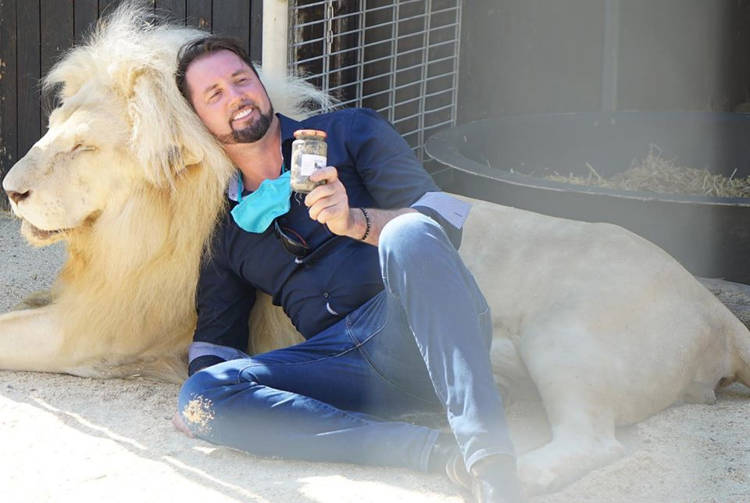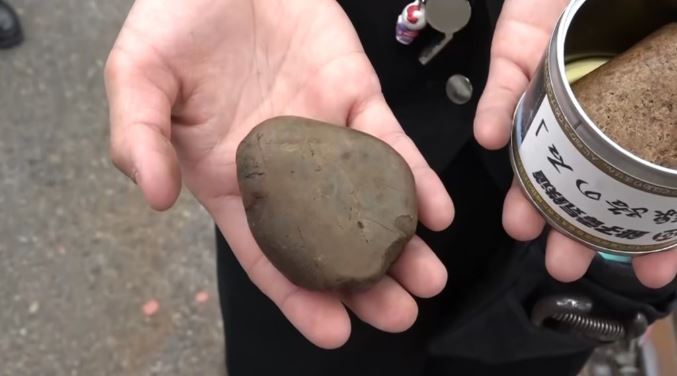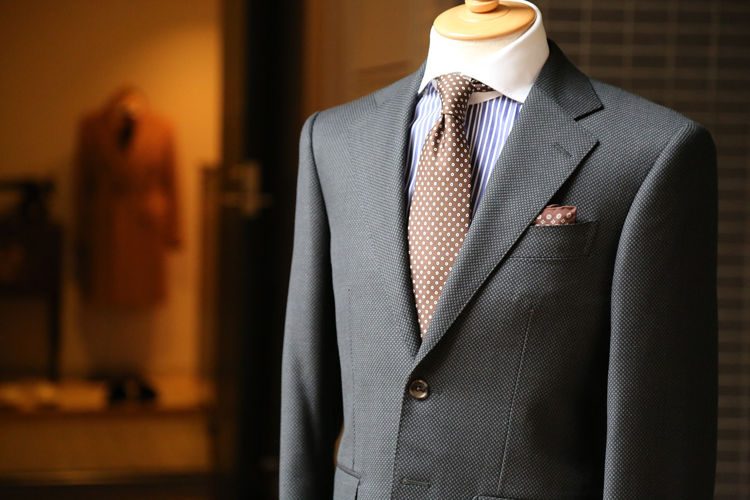Would you ever sell your face? If the answer is yes, there is a Japanese company that wants to hear from you. It’s in the business of buying the rights to people’s faces so it can sell them in the form of hyper-realistic 3D-printed masks.
Ever since Kamenya Omoto, a Tokyo-based specialty mask maker and store, announced its intention to buy the rights to people’s faces for 40,000 yen ($380) a pop, it’s been overwhelmed with offers. The company wants to reproduce people’s faces in the form of hyper-realistic masks and sell them for an estimated ($940). If a mask proves popular with clients, the person whose appearance inspired it stands to earn a percentage of the profits as well. The controversial project, named “That Face”, reportedly aims to give a sci-fi twist to the idea of buying and selling faces.





















